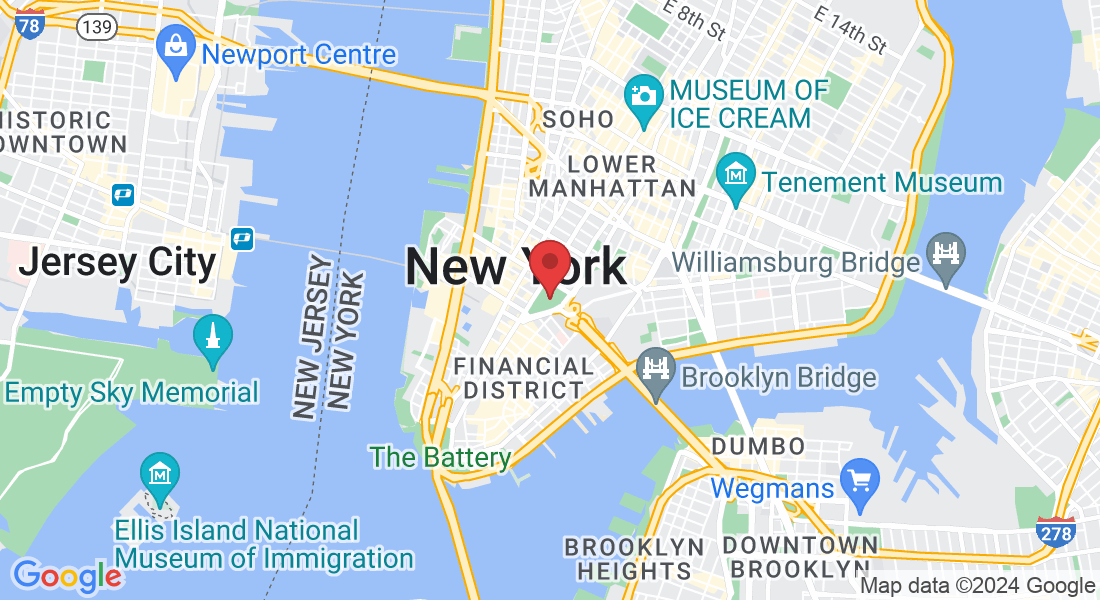Blog
The Latest Trends Topics in Outsourcing, Technology, Marketing & Sales

Balancing Agility and Control: Modern Project Management Strategies for Managers
In today's fast-paced and ever-changing business landscape, managing projects effectively involves balancing agility with control—a challenge that every manager faces. As businesses increasingly demand quicker turnaround times and greater responsiveness, traditional project management methodologies often fall short. Modern managers must, therefore, adopt strategies that not only promote flexibility but also maintain a necessary level of control to ensure project outcomes meet predefined goals and standards.
This article delves into contemporary project management techniques that help managers in navigating these complex demands. We will explore how integrating agile methodologies with robust control mechanisms can empower teams, streamline project execution, and drive successful outcomes more reliably. Whether you're managing a small team or overseeing multiple projects across an enterprise, these strategies will provide you with the insights needed to enhance your project management approach.
Integrating Agile Methodologies for Enhanced Flexibility
Agile methodologies have become synonymous with flexibility and responsiveness in project management. Originating from software development, Agile has spread across various industries due to its iterative process and focus on continual improvement. Agile promotes a project management style where requirements and solutions evolve through the collaborative effort of self-organizing cross-functional teams. This flexibility allows projects to adapt quickly to change, a critical factor in modern business environments where market conditions and technologies evolve rapidly.
To effectively integrate Agile methodologies, managers should focus on fostering a culture of collaboration and open communication. Tools such as Scrum, Kanban, and Lean help in managing tasks more fluidly, allowing projects to progress in stages and adapt as they advance. Frequent "sprints" or short phases of work enable teams to test ideas and make adjustments in a controlled yet flexible manner. Regular meetings, such as daily stand-ups and sprint reviews, ensure continuous alignment with project goals and stakeholders' expectations.
Maintaining Control through Project Governance
While agility is necessary, without proper control, it can lead to misalignment with business goals and erratic project outcomes. Establishing a robust project governance framework is crucial to maintaining order and ensuring that the project adheres to its intended path. Project governance involves the processes, standards, and structures used to ensure project accountability, clarity of role definitions, and the alignment of the project with business objectives.
To maintain robust control, managers should develop clear project scopes, deliverables, and success criteria from the outset. Risk management strategies must also be in place to identify potential issues early and devise mitigation plans. Governance frameworks often include regular status reporting, milestone reviews, and budget tracking, which help maintain an overarching view of the project's progress and facilitate timely decision-making.
By establishing these control mechanisms, managers can ensure that the project's flexibility does not compromise its strategic direction and that resources are utilized effectively to achieve the best outcomes.
Leveraging Technology for Project Efficiency
Modern project management is heavily supported by technology, with various tools available to streamline project tasks and enhance team coordination. The utilization of project management software like Asana, Trello, or Monday.com allows managers and teams to keep track of their projects in real time. These tools offer features for planning, scheduling, resource allocation, and performance reporting, all within a single platform.
Moreover, technology facilitates better communication and collaboration among team members who might be distributed across various locations. Cloud-based tools enable real-time updates, file sharing, and communication, ensuring that everyone on the team has immediate access to the latest information. For complex projects involving multiple stakeholders, collaborative tools can help in managing expectations and keeping everyone on the same page, thus reducing conflicts and misunderstandings.
Integrating these technological tools into daily project management not only boosts efficiency but also supports the agile nature of modern projects, where changes need to be swiftly communicated and managed.
Encouraging Team Autonomy and Decision-Making
One of the pillars of modern project management is the empowerment of the team. When teams are given autonomy, they are more likely to be motivated and take ownership of their work, leading to higher productivity and innovation. This empowerment is especially significant in an agile environment where decisions often need to be made quickly and locally rather than through a centralized authority.
To encourage autonomy, managers should focus on building a trustworthy team environment where individual members feel confident in their skills and supported by their leadership. Providing teams with the necessary tools and authority to make decisions concerning their work not only speeds up the project process but also aids in developing a more agile project management approach.
However, it is important to establish clear boundaries and accountability frameworks to ensure that this autonomy does not lead to a dilution of goal alignment or a deviation from project objectives. Regular training sessions, clear communication of expectations, and a supportive feedback mechanism can help maintain this balance.
Building a Resilient Mindset in Teams
Finally, fostering a resilient mindset among team members is essential in managing the uncertainties and pressures of modern projects. Resiliency in project management refers to the ability of the team to anticipate, prepare for, respond to, and recover from adverse events without compromising the project's overall success. It involves being proactive in risk management and adaptive in problem-solving approaches.
Managers can build resilience by promoting a culture of learning and development, where mistakes are seen as opportunities for growth rather than failures. Encouraging open dialogue about challenges and rewarding innovative solutions and risk-taking behavior are also vital strategies. This not only enhances the team's ability to deal with project challenges but also aligns with the agile principle of continuous improvement and adaptation.
By incorporating these strategies into their project management approach, managers can strike an optimal balance between agility and control, ensuring their projects are both flexible and directed towards clear, strategic objectives.
Mastering Project Management in a Rapidly Changing World
Mastering modern project management requires a delicate balance between agility and control. By integrating flexible methodologies, robust governance frameworks, advanced technological tools, encouraging team autonomy, and fostering resilience, managers can navigate the complexities of today's dynamic business environment. These strategies not only enhance the efficiency and effectiveness of project management but also empower teams to deliver exceptional results that align with strategic business objectives.
If you're looking to redefine project management within your organization and need skilled professionals to help guide the process, consider partnering with us at Meet Your VA. We specialize in providing expert customer service virtual assistants and outsourcing solutions that facilitate smoother and more efficient project executions. Contact us today to discover how we can help you transform your project management approach and drive your business toward unparalleled success.

Increase Productivity – Cut Significant Cost – Save valuable Time – Start scaling faster today by partnering with Team MeetYourVA
Why Us?
The success of your business operations depends on the quality of your team. We’re confident that our well-educated and high-skilled team members can add tremendous value to your organization for a cost-efficient budget. Our multiple in-house trainings, monitoring and quality control will substantially benefit your daily tasks or projects.
Find us on:

